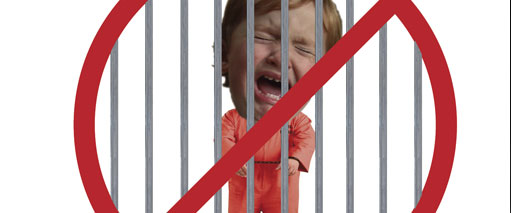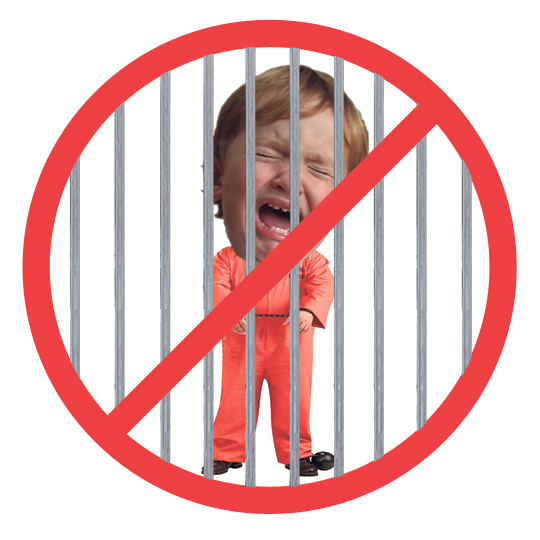Solitary Bill Moves Through Roundhouse
Isolated Confinement Act Is A Progressive Measure


Latest Article|September 3, 2020|Free
::Making Grown Men Cry Since 1992



